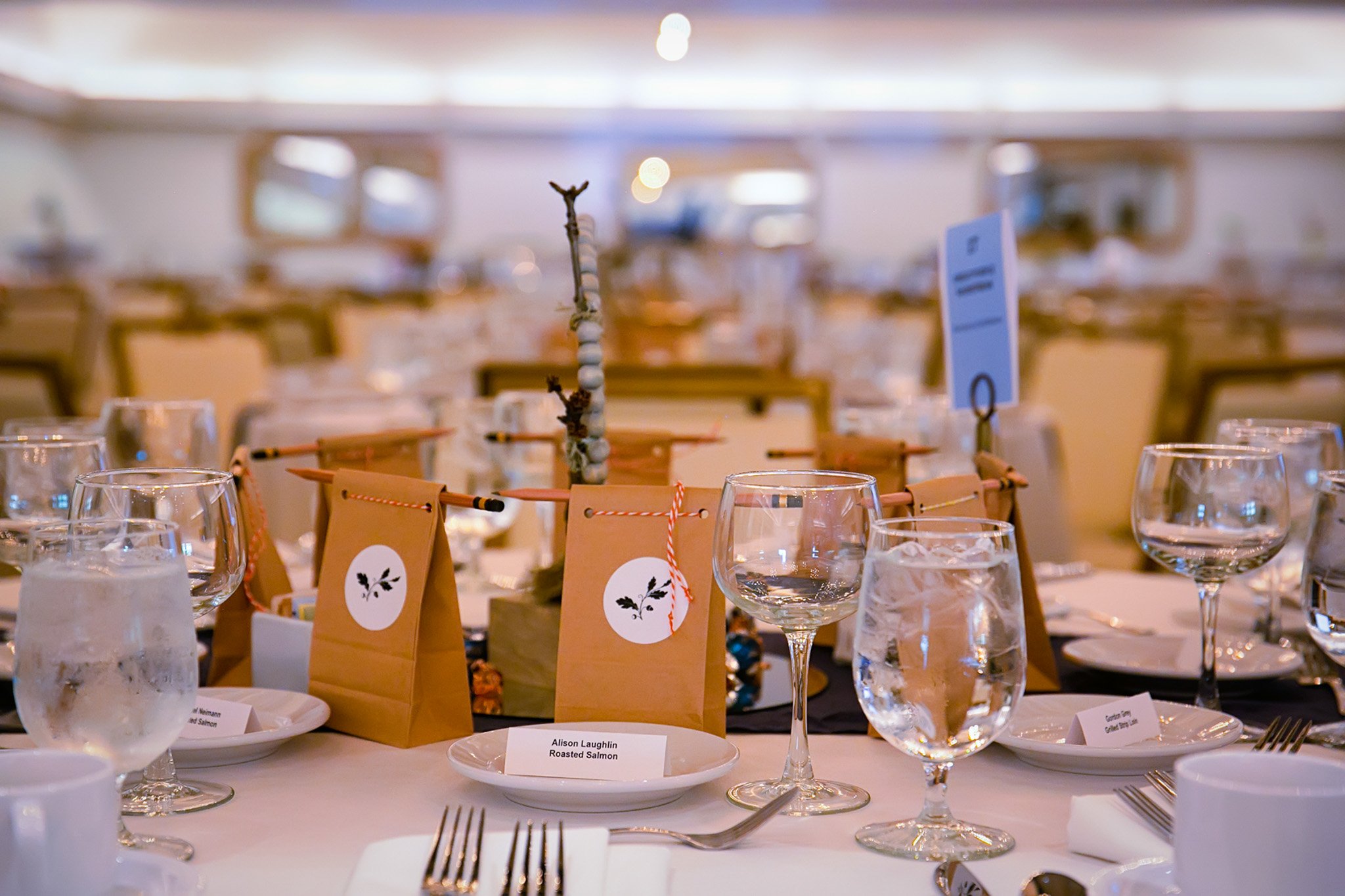An immersive experience to advance our commitment to justice, equity, diversity, and inclusion
Spectacular scenery met the group around every turn.
In September of this year, representatives from SOLC and community partners took to the water for the inaugural Decolonizing the Rogue River workshop as part of our organizational education around justice, equity, diversity, and inclusion. The Wild and Scenic section of the Rogue River served as a spectacular, immersive classroom amid the traditional homelands of the Shasta, Takelma Latgawa and other Indigenous peoples whose descendants are now members of the Confederated Tribes of Siletz Indians, Confederated Tribes of Grand Ronde, and Cow Creek Band of Umpqua Indians. The four-day float was an opportunity to delve into how expanded cultural awareness, racial equity, and recognition of impacts from colonial domination can reframe the ways we enjoy and relate to nature.
The whole team – SOLC, community partners, REAL Consulting, and Arrowhead River Adventures guides – at the last overnight camp site.
Arrowhead River Adventures and REAL Consulting teamed up to offer the four-day workshop, which was attended by the SOLC Board president, three staff, two members of our Justice, Equity, Diversity, and Inclusion (JEDI) committee, and Robert Kentta, the Cultural Resources Department Director from the Confederated Tribes of the Siletz Indians.
Our trip began in Galice, amid the smoldering remains of the Rum Creek fire. There, David West, emeritus chair of the Southern Oregon University Native Studies program and a regional Indigenous elder, offered a ceremony at the put-in, sharing tobacco that we laid in the river, celebrating the importance of water as life, and marking our intentions for the float.
Each overnight camp location had space for the group to meet, discuss, and learn, always with the river as a backdrop.
Skilled guides navigated with ease through the rocky Wild and Scenic Rogue.
Throughout the trip, the dialog about the meaning of decolonization in the river context was forthright and honest, with the tone set by the agreements offered by the leaders from REAL Consulting. In particular, we were encouraged to put aside shame and blame; while we need to honestly address racial and other injustices that have occurred and continue to occur, we can do so without assuming or assigning guilt. And they offered that we could put aside the "hierarchy of oppression" by recognizing that many peoples have suffered trauma, discrimination and other social ills, but we gain little by ranking one person's or peoples' experience against the other.
Confederated Tribes of Siletz Indians Cultural Resources Director Robert Kentta walked participants through the unmarked remnants of an Indigenous village (left) directly adjacent to a carefully marked pioneer grave (right).
Traces of colonization on the Rogue emerged in place names like Battle Bar, commemorating an 1850s military assault on an Indigenous settlement, and the often shared tale of dynamite dropped in difficult rapids to clear impassable stretches along the increasingly popular water route for recreation. But one experience in particular encapsulated the workshop and the complicated, emotional nature of this kind of work. We had stopped at a famous private lodge on the lower river to look at the land there. A lone marker indicated the fraught history of Indigenous-settler relations: a pioneer grave protected by a weathered picket fence, with a sign that read “He got with the wrong Indian maiden.” The grave lies amid the unmarked remnants of a Native village. Robert pointed out several grown-over circular excavations where plank houses, sweat lodges, and other Indigenous buildings had been home to ancestors of today's Tribal members. The largest such depression – probably the village head’s residence – had a disc golf basket planted in the middle. Even though this village is listed on the Oregon state register of historical sites, it is invisible to visitors who don’t know what to look for.
Visiting this site and the surrounding 35-mile stretch of the river with thoughtful, knowledgeable guides and facilitators left us feeling deeply inspired to continue learning (and un-learning) the stories of the human-nature relationship in our region, and to seek opportunities to share our new perspectives and ways of thinking with the staff, board, and wider community.
Grant funding made it possible for SOLC to convene the engaged, a curious group of participants for the inaugural workshop. The experience and learnings have continued to reverberate through our work in very inspiring, positive ways, and we look forward to continuing– on the river and off of it – with the whole staff and board, with organizational partners, and with our wider community in 2023 and beyond.










